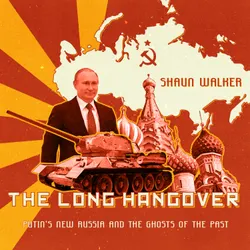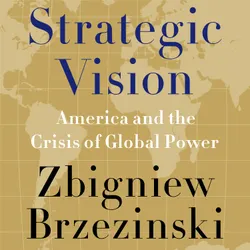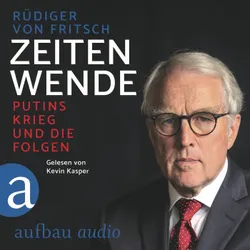Why we need to think more like economists to successfully combat terrorism If we are to correctly assess the root causes of terrorism and successfully address the threat, we must think more like economists do. This is the argument of Alan Krueger's What Makes a Terrorist, a book that explains why our tactics in the fight against terrorism must be based on more than anecdote, intuition, and speculation. Many popular ideas about terrorists and why they seek to harm us are fueled by falsehoods, misinformation, and fearmongering. Many believe that poverty and lack of education breed terrorism, despite the wealth of evidence showing that most terrorists come from middle-class, and often college-educated, backgrounds. Krueger closely examines the factors that motivate individuals to participate in terrorism, drawing inferences from terrorists' own backgrounds and the economic, social, religious, and political environments in the societies from which they come. He describes which countries are the most likely breeding grounds for terrorists, and which ones are most likely to be their targets. Krueger addresses the economic and psychological consequences of terrorism and puts the threat squarely into perspective, revealing how our nation's sizable economy is diverse and resilient enough to withstand the comparatively limited effects of most terrorist strikes. He also calls on the media to be more responsible in reporting on terrorism. Bringing needed clarity to one of the greatest challenges of our generation, this 10th anniversary edition of What Makes a Terrorist features a new introduction by the author that discusses the lessons learned in the past decade from the rise of ISIS and events like the 2016 Pulse nightclub attack in Orlando, Florida. Author bio: Alan B. Krueger is the Bendheim Professor of Economics and Public Policy at Princeton University, former chairman of President Barack Obama's Council of Economic Advisers, and an adviser to the National Counterterrorism Center. He is the coauthor of Myth and Measurement: The New Economics of the Minimum Wage (Princeton) and Inequality in America. He lives in Princeton, New Jersey.
What Makes a Terrorist?
Starten Sie noch heute mit diesem Buch für CHF 0
- Hol dir während der Probezeit vollen Zugriff auf alle Bücher in der App
- Keine Verpflichtungen, du kannst jederzeit kündigen
Autor*in:
Sprecher*in:
Sprache:
Englisch
Format:

The Long Hangover : Putin’s New Russia and the Ghosts of the Past

Strategic Vision : America and the Crisis of Global Power

The Vory : Russia's Super Mafia

Future War and the Defence of Europe

Zeitenwende - Putins Krieg und die Folgen (Ungekürzt)

Future Peace : Technology, Aggression, and the Rush to War

The Wires of War: Technology and the Global Struggle for Power

Art & Crime : The fight against looters, forgers, and fraudsters in the high-stakes art world

Not One Inch : America, Russia, and the Making of Post-Cold War Stalemate

Career Diplomacy : Life and Work in the US Foreign Service (Fourth Edition)

Heavy Metal : The Hard Days and Nights of the Shipyard Workers Who Build America's Supercarriers

Adaptation Under Fire : How Militaries Change in Wartime
